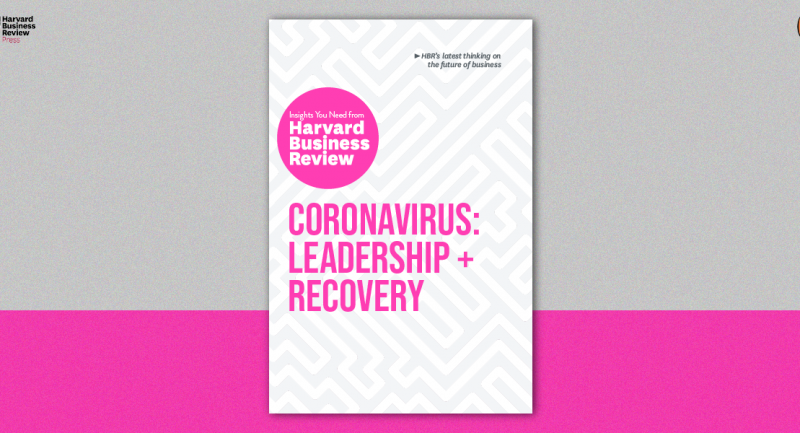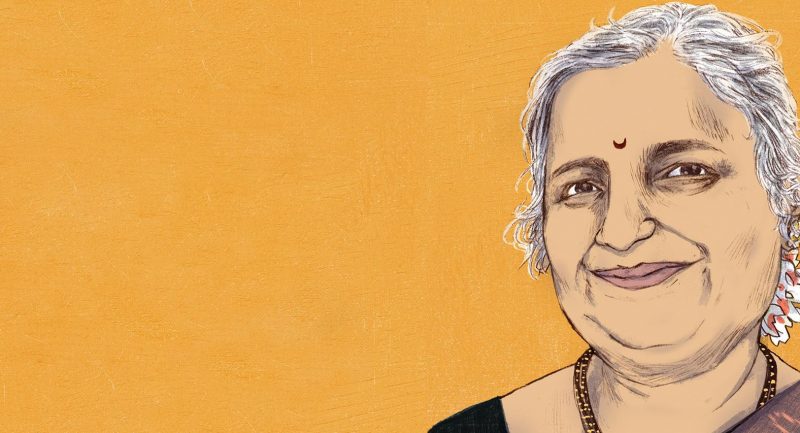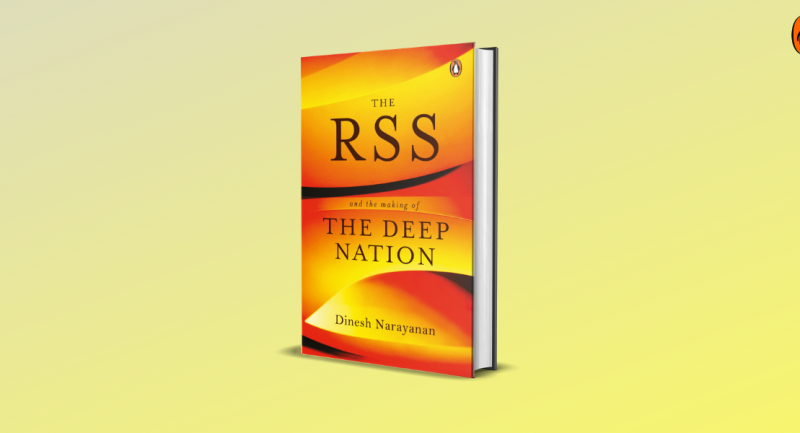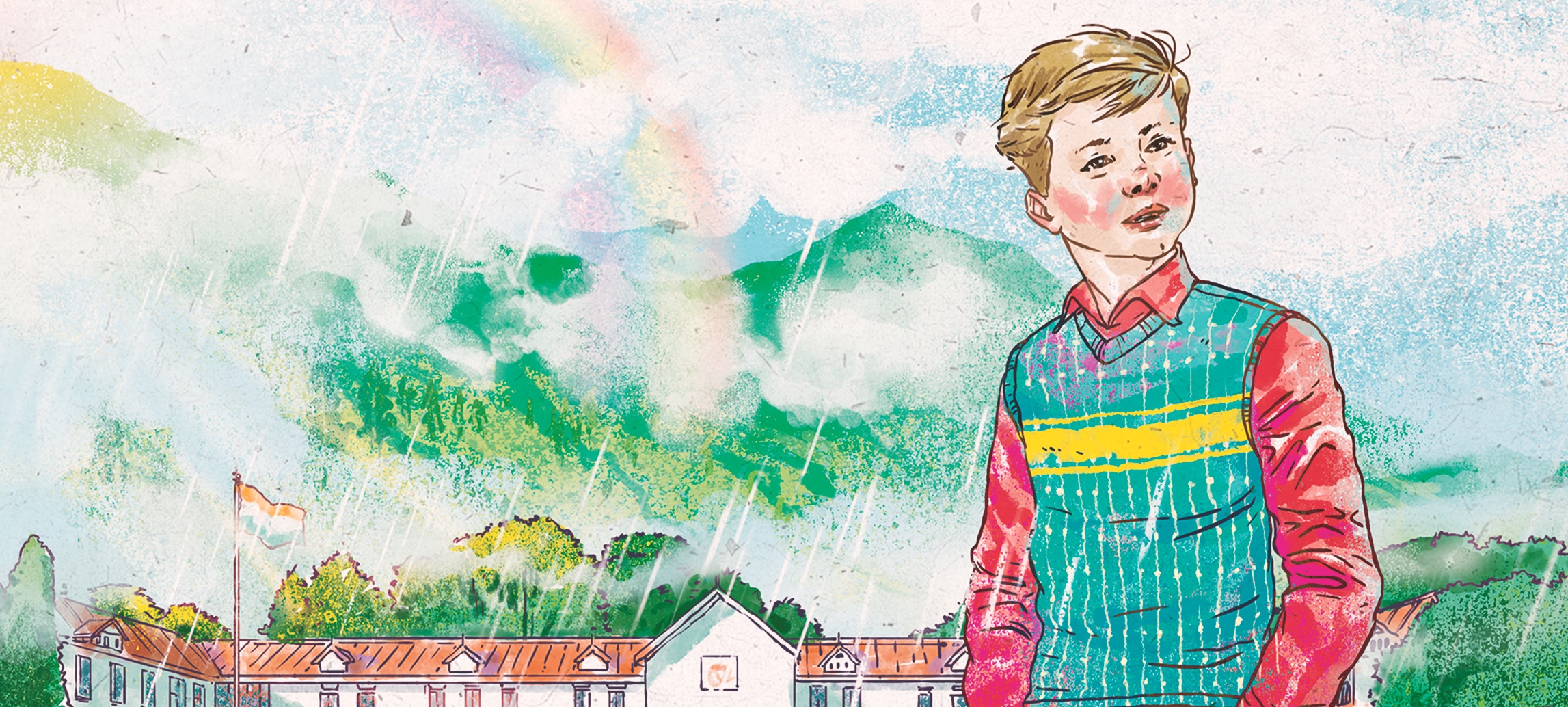
‘It was 1947, and life was about to change quite dramatically for most of us’
In the third part of his memoir, thirteen-year-old Ruskin Bond is back at school, doing what he loves – reading, goal-keeping, spending time with his friends and eating lots of jalebis. But things seem to be rapidly changing all around him. Whispers of a partition haunt the corridors of his school. Does the formation of a new, independent India mean saying goodbye to old friends-and, with it, the shenanigans they got up to?
In Ruskin Bond’s inimitable style, Coming Round The Mountain gives us some wonderfully wistful and poignant snapshots of friendship and the farewells brought on by the relentless change at the end of an era. Here are some of them:
~
The fearsome-sounding cliques one forms in childhood
‘I was turning thirteen in May that year. My best friends were Azhar Khan, who was my age; Brian Adams, who was a year younger; and Cyrus Satralkar, who was the youngest. We called ourselves the ‘Fearsome Four’, although there was nothing very fierce about us.’
*
The best friends are those who extend a hand when we need it most, whether or not we know precisely that we need them
‘I’d been going through a different period, adjusting to my stepfather’s home in Dehra and learning to cope with the world at large. Although a shy boy, I needed friends, and I was quick to respond to those who offered me friendship.’
*
The irrelevance of cultural barriers in schoolboy comradeship
‘We were not in the least interested in each other’s religions or regional backgrounds. Adults seemed to think it important; but at thirteen, friendship and loyalty seemed to matter more.’
*
When adversity (or at least a compatibility of vices) brings you together
‘The catalyst for our bonding was that early -morning rouser for PT. For some reason— or different reasons—the four of us overslept one morning and failed to turn up on the first flat for our exercises. Our absence was duly reported by a senior prefect, and we were summoned to the headmaster’s study for the usual punishment. At least three strokes of the cane were to be expected.’
*
A friend who feeds is a friend indeed
‘World War II had been over for more than a year, but some food items—butter, cheese, chocolates—were still hard to come by. Brian divided his Kraft cheese into four portions, and each of us had his share. Now, there was a friend!’
*
The difficult feelings of older people who have to see enormous upheaval in all they have held dear
‘Dunda Hawkes had been deeply affected by the division of India. He was a simple man who, like my father, had been to army school and spent most of his life in barracks or on the march. He had become a boxing champion and was responsible for making sportsmen and athletes out of most of us.’
*
The poignant uncertainty of goodbyes in that year of changes
‘Azhar was beside me, his arm around my shoulders. ‘Time to say goodbye,’ he said. ‘I’ll write to you. We’ll meet again—some day, somewhere.’ Surely we would meet again. The world hadn’t come to an end. But the light was going out in a lot of lives, and it would be some time before it came on again.’
*
When the absence of a friend seems like a removal of an aspect of one’s own being
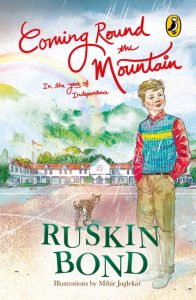
‘Sometimes we don’t really value our friends till we have lost them. Azhar’s departure left quite a gap in my life. He had been someone to whom I could talk freely, someone to whom I could confide and share my dreams.’
*
The love of a friend does not need to be put in words for one to know that is there
‘Send me lots of beautiful postcards,’ I said. We shook hands. In those days we were not given to hugs and demonstrations of affection. But I loved my friends, and they knew it and loved me too.’







